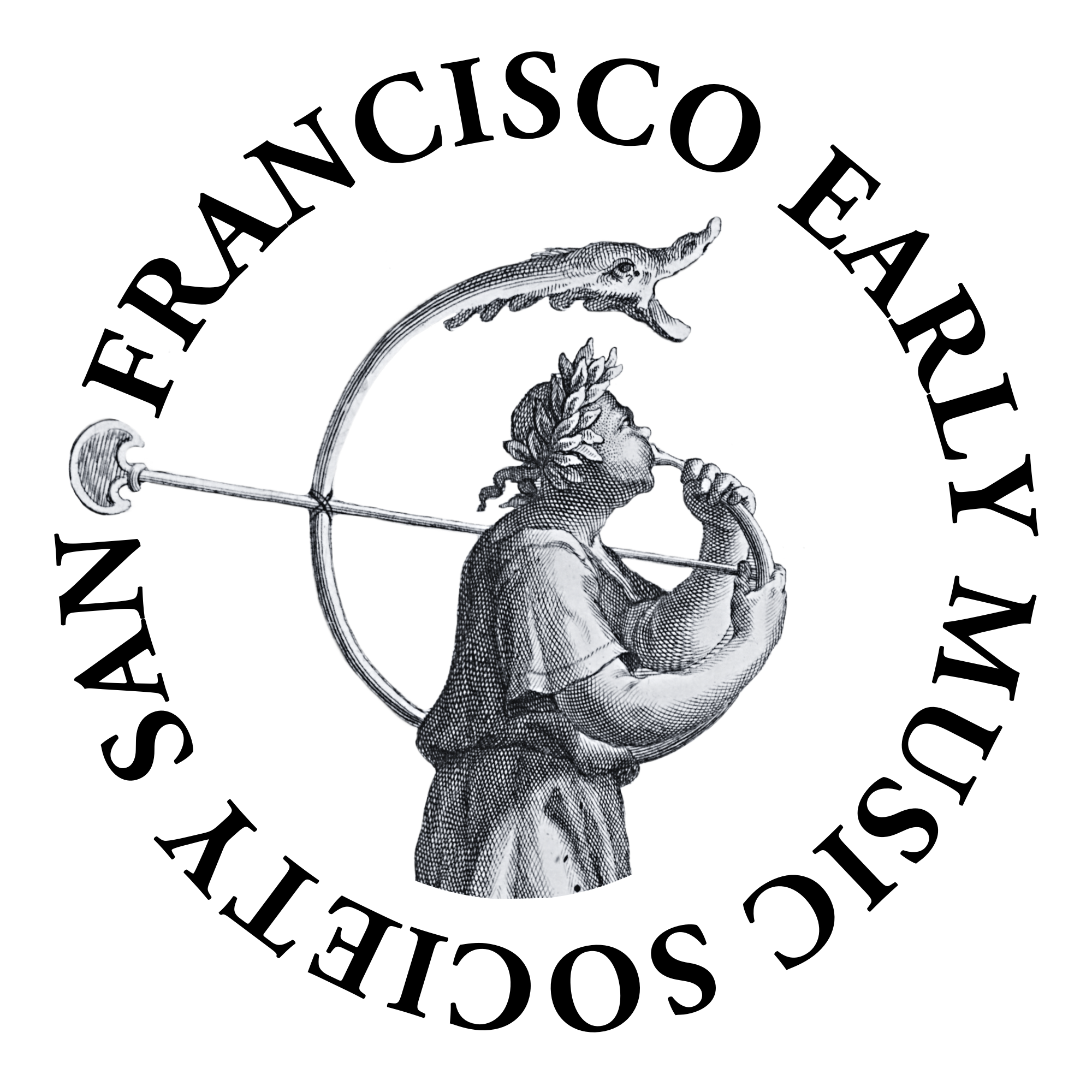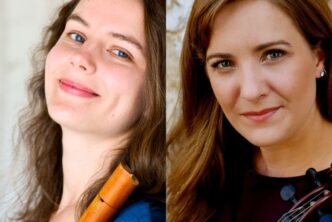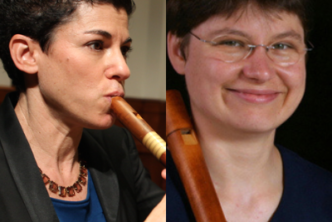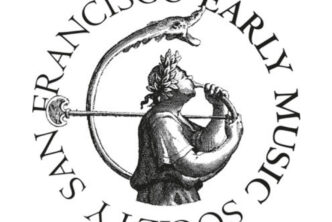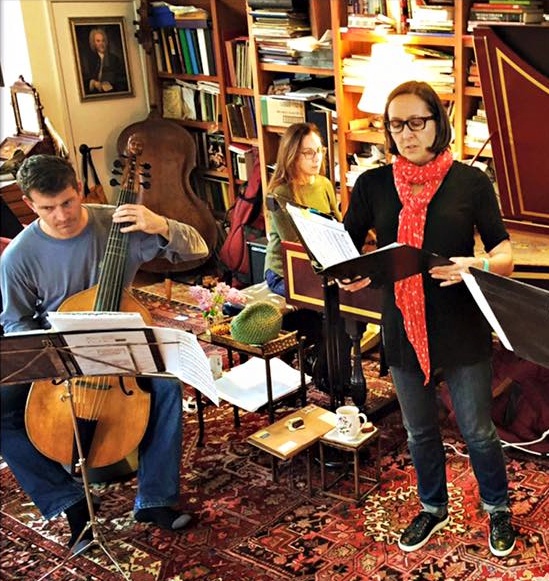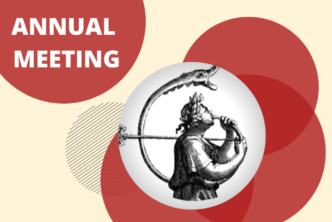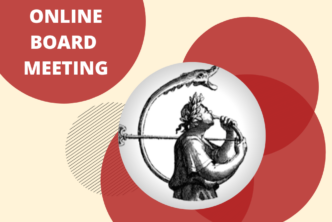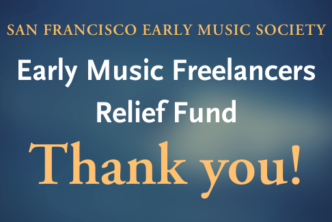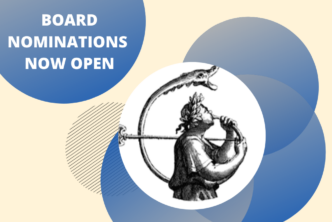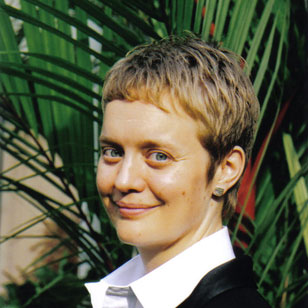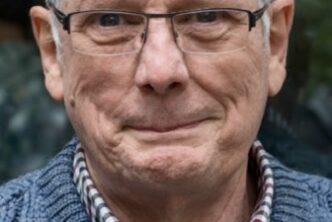Harvey Malloy Reflects on What Early Music Has Meant and Means
As this Berkeley Festival year draws to a close and the Society’s 40th regular concert season continues, we are looking back on the various paths that have led us to early music. Last week we featured an interview with violinist Robert Mealy. This week we reprint another with SFEMS Executive Director Harvey Malloy which offers a somewhat different autobiographical perspective, though one equally fascinating and revelatory. The interview was conducted in the spring of 2014 by Early Music America and originally appeared in their May 2014 E-Notes.
EARLY MUSIC AMERICA: What brought you to early music?
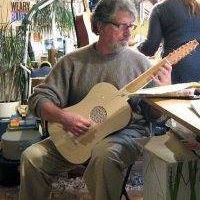
HARVEY MALLOY: By nature I am restless, attracted by the new and intrigued by the arcane. Growing up in Los Angeles-a student at Hollywood High School-I had the opportunity to regularly attend the Monday Evening Concerts held at the L.A. County Museum of Art. MEC was then, and perhaps still is, one of the world’s most important new music series. So I like to think that it was Igor Stravinsky (MEC premiered at least 12 of his works) that introduced me to early music. It is, however, more likely that my introduction to early music was really the work of noted conductor and Stravinsky biographer Robert Craft, along with MEC director Lawrence Morton and conductor Ingolf Dahl. It was these men who programed new works by Schoenberg, Bartók, Pierre Boulez, Luciano Berio, Luigi Nono, and Karlheinz Stockhausen alongside Gesualdo, Monteverdi, and the Gabrielis, to name a few. There was the odd gamba, lute and harpsichord, but really what intrigued us at the time was the music. I can recall a 1969 concert (Dahl conducting) featuring music by Purcell, Byrd, Stravinsky, Copland and Bartók. A program of Bach paired with music by Harrison Birtwistle, the 400th birthday celebration of Monteverdi in 1967, and a program that paired Couperin with Olivier Messiaen. At the Monday Evening Concerts, it wasn’t really about historically informed music making; it was the new, historically informed. All of this music was for me new, fresh, intriguing and a bit arcane. Perfect!
EMA: Tell us about your most memorable early music experience?
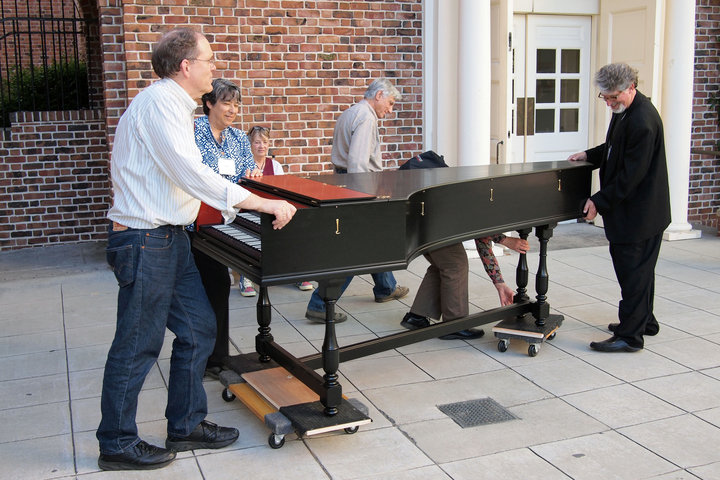
HM: As you know I glanced away from the music world and suddenly more than 25 years had passed. As retirement approached, for personal reasons I decided to move to San Francisco. After all, where better to reinvent oneself while kicking back a bit, maybe check out a few motley fool stock picks, dust off the cobwebs and see if I can earn some extra cash. Still new to the City and intent on exploring it physically and culturally I happened upon a SFEMS-produced recital performed by Hopkinson Smith. Hoppy and I had first met in Spain many years (35+) before at a guitar, lute and vihuela master class given by Maestro Emilio Pujol. Pujol was in many ways a pioneer in the study and performance of historically informed early music, and here I was reconnecting. The concert was memorable-Hoppy’s concerts always are-but it was engaging with SFEMS and the Society’s members that astounded me. Suddenly early music was not the secret pleasure of a few odd purists. Early music over the course of 25 years had come alive. These early musicians were imaging, exploring and recreating early music in a way that I never imagined possible when I stopped paying close attention in the early 1980s. This music was no longer just the stuff of musicology but it was now living freely (often improvised) in the imaginations of musicians interested in and capable of making the early feel new. Suddenly programming Couperin and Messiaen together does make sense.
EMA: You’re listening to music…what’s on your playlist that would surprise us?
HM: I guess you would not be surprised by Messiaen’s Quartet For The End of Time or almost anything by Pärt. How about Buika or Amina Alaoui.
EMA: Unexpectedly, you have two hours of free time later today…what will you do?
HM: A chance of free time…Somehow you keep pulling me back to my new music that is to my aleatoric roots. Chance, John Cage and the I Ching…oh I think I’ll read a book! I just finished reading Orfeo by Richard Powers. Orfeo is a Sci fi adventure yarn involving a composer trying to create music using DNA. Powers knows the creative spirit and the demons lurking in the human heart. Most importantly he writes thrillingly about music. Today, chance allowing, I would like to sit down and spend some time reading Powers, The Gold Bug Variations. Speaking of Powers, EMA members might enjoy The Time of Our Singing. It’s a wonderful socially relevant novel and essential reading for anyone who loves to sing. As an aside, part of the story is set at the Berkeley Festival.
* * *
Share Your Story! SFEMS is hundreds of people like Harvey Malloy, Robert Mealy, and like you and me, who have come by various paths to the love of early music. Some of you have been with us since the beginning, others have discovered this community only recently. Whether it was through attending our season concerts or the Berkeley Festival, learning about and making music yourself at one of our summer workshops, or helping build the Bay Area’s vibrant early music scene as part of a SFEMS Affiliate group, your participation and your dedication to cherishing and enacting these treasures from our musical heritage are what sustains our mission. Your stories and experiences, your insights and epiphanies, are important to us, because they illuminate our path forward. Please tell us how you came to early music and what early music and SFEMS have meant to you. All those who take our survey will be eligible to win a pair of free tickets to our fabulous, February concerts featuring ARTEK performing Monteverdi’s seventh book of madrigals.
Interview with Harvey Malloy ©2014 Early Music America

